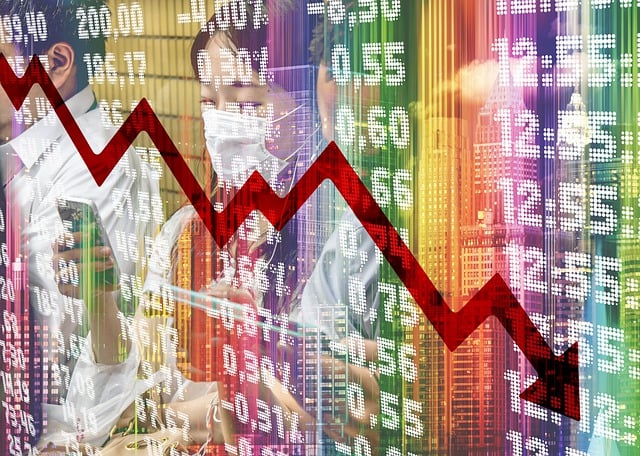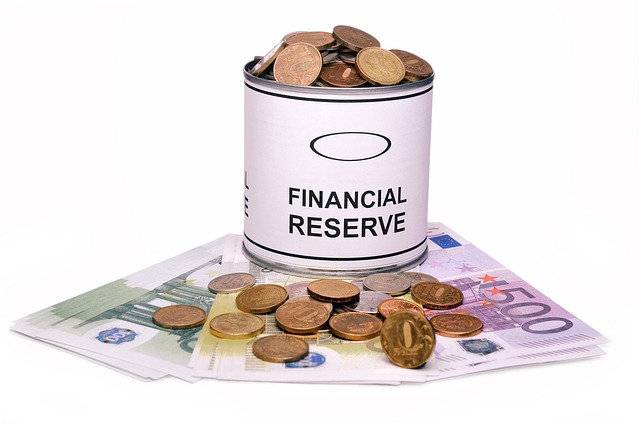Value Added Tax (VAT) in Switzerland: A Comprehensive Guide

Value Added Tax (VAT) is a consumption tax levied on goods and services in Switzerland. It is an essential source of revenue for the Swiss government, funding public services and infrastructure. Understanding how VAT works in Switzerland is crucial for businesses, consumers, and anyone involved in cross-border trade. This guide provides a detailed overview of VAT in Switzerland, including rates, registration, compliance, and key considerations.
1. Overview of VAT in Switzerland
VAT, known as Mehrwertsteuer (MWST) in German, Taxe sur la valeur ajoutée (TVA) in French, and Imposta sul valore aggiunto (IVA) in Italian, is a tax on the value added at each stage of the supply chain. It is ultimately borne by the final consumer but collected and remitted by businesses at each stage of production and distribution.
2. VAT Rates in Switzerland
Switzerland has three main VAT rates, which are applied to different categories of goods and services:
A. Standard Rate
- Rate: 8.1% (as of 2023)
- Applies To: Most goods and services, including electronics, clothing, and professional services.
B. Reduced Rate
- Rate: 2.6%
- Applies To: Essential goods and services, such as:
- Food and non-alcoholic beverages
- Books, newspapers, and magazines
- Medicines and medical equipment
- Agricultural products
C. Special Rate for Accommodation
- Rate: 3.8%
- Applies To: Overnight stays in hotels, hostels, and other accommodation services.
3. VAT Registration
A. Who Needs to Register?
Businesses with an annual turnover exceeding CHF 100,000 from taxable supplies must register for VAT. Voluntary registration is also possible for businesses with lower turnover.
B. How to Register?
To register for VAT, businesses must submit an application to the Swiss Federal Tax Administration (FTA). The process involves providing details about the business, its activities, and expected turnover.
C. VAT Number
Once registered, businesses receive a VAT number, which must be included on all invoices and official documents.
4. VAT Compliance
A. Invoicing Requirements
Invoices issued by VAT-registered businesses must include:
- Business name and address
- VAT number
- Invoice date and unique invoice number
- Description of goods or services
- Total amount excluding VAT
- VAT rate and amount
- Total amount including VAT
B. Filing VAT Returns
VAT-registered businesses must file periodic VAT returns, typically on a quarterly basis. The VAT return summarizes the VAT collected on sales (output tax) and the VAT paid on purchases (input tax).
C. VAT Payments
The net VAT (output tax minus input tax) must be paid to the FTA by the deadline specified in the VAT return. Late payments may result in penalties and interest.
5. VAT Refunds
A. For Businesses
Businesses can claim a refund of VAT paid on purchases related to their taxable activities. This is done by deducting the input tax from the output tax in the VAT return.
B. For Foreign Businesses
Foreign businesses that are not VAT-registered in Switzerland can claim a refund of Swiss VAT paid on business expenses. The refund process involves submitting a claim to the FTA, along with supporting documents.
C. For Tourists
Tourists can claim a refund of VAT on purchases made in Switzerland, provided the goods are exported and the total purchase amount exceeds CHF 300. The refund process involves obtaining a VAT refund form from the retailer and presenting it at customs upon departure.
6. VAT in Cross-Border Trade
A. Imports
VAT is levied on goods imported into Switzerland. The VAT rate depends on the type of goods and is calculated based on the customs value plus any applicable duties.
B. Exports
Goods exported outside Switzerland are generally exempt from VAT. Businesses can zero-rate exports in their VAT returns, allowing them to recover input VAT on related purchases.
C. Intra-EU Trade
Switzerland is not a member of the European Union (EU), but it has bilateral agreements with the EU that facilitate trade. Special VAT rules apply to transactions between Switzerland and EU member states.
7. Key Considerations for Businesses
A. Record-Keeping
Businesses must maintain accurate records of all transactions, including invoices, receipts, and VAT returns, for at least 10 years.
B. VAT Audits
The FTA may conduct VAT audits to ensure compliance. Businesses should be prepared to provide all necessary documentation and cooperate with auditors.
C. Digital Services
Switzerland has implemented rules for the taxation of digital services provided by foreign companies. These rules require foreign businesses to register for VAT if they provide digital services to Swiss customers.
8. Recent Changes and Future Trends
A. Digitalization
The FTA is increasingly focusing on digitalization, encouraging businesses to file VAT returns and make payments electronically.
B. International Cooperation
Switzerland is working with international organizations, such as the OECD, to align its VAT rules with global standards, particularly in the area of digital economy taxation.




